Welcome to PCS! This issue was born from the realization we perhaps had never provided an overall glimpse into the PCS Intensive Treatment Program (ITP).
The PCS Individual Intensive Program is an intensive, trauma-focused program that concentrates on the client’s individual needs providing 65 hours of engagement. Clients will participate in a rich mixture of individual and group processing from Saturday at noon to the following Saturday at noon.
The hallmark of our program is ITP clients spend over half their time in individual sessions (i.e. 34 hours) typically with a team of 5 to 6 different therapist each bringing their unique personality, style, and skills to the process. This creates an incredible diversity of experiences in a client’s path toward their goals. Additional meetings with a Dietician, our Medical Director, and Psychiatrist create an enlightening and influential treatment system.
The groups are mixed-gender and incorporate individuals and couples presenting with varies issues. You can read a description of each group personally written by its facilitator. Please note we once again welcome non- intensive clients to these in person groups with a therapist referral.
We endeavor from the beginning to the completion of the program to fully engage with clients as they process through their most challenging issues. As always, we welcome questions and feedback as we continue to improve our program.
We are not for everyone. There is a prescreening process to determine if a client may be right for our program. This includes collecting detailed information from the potential client and phone conversations with one of our therapists between the potential client and primary therapist. We work as a team at PCS and involvement of the primary therapist and sometimes psychiatrist is key to success. Intensive clients must be working with a therapist at home in order to attend.
Intensive clients are provided with a battery of online assessments several weeks prior to beginning their program. Because the client is completing these on their own schedule and before they arrive, it offers more therapy time upon arrival. It is also more comfortable for the client to complete these at home.
We offer assessments specifically designed for each client’s program and treatment plan. All of this information is provided to the client’s primary therapist in a report sent after the client has returned home.
When the client arrives they will also meet with a dietitian to discuss a variety of nutritionally related topics. Physical health and well being is very important to mental health as well.
The sessions with our medical director and psychiatrist generally take place early in the program so that the information can be shared with his or her team. This information is also included in our final report to the referring therapist.
The PCS Intensive is a weekly offering built around “The Murray Method,” developed by Marilyn Murray in the early 1980’s. Clients begin the process on a Saturday, with Marilyn’s workshop and explore “The Scindo (Latin for “split”) Syndrome,” looking at how adverse childhood events cause “survivor” parts to develop, who try to cope and manage their powerless and painful circumstances, the Circles of Intimacy, helping to organize a hierarchy of healthy intimate connections, and lastly, the Trauma Egg, a document the client creates that chronicles difficult traumatic life events, so the client can understand patterns in negative internalized messages and coping styles.
The concluding workshop provides an opportunity for each person to review and share insights and their commitment to personal health. Clients state these two “book-end” sessions offer a special opportunity for initiation and closure with their group.
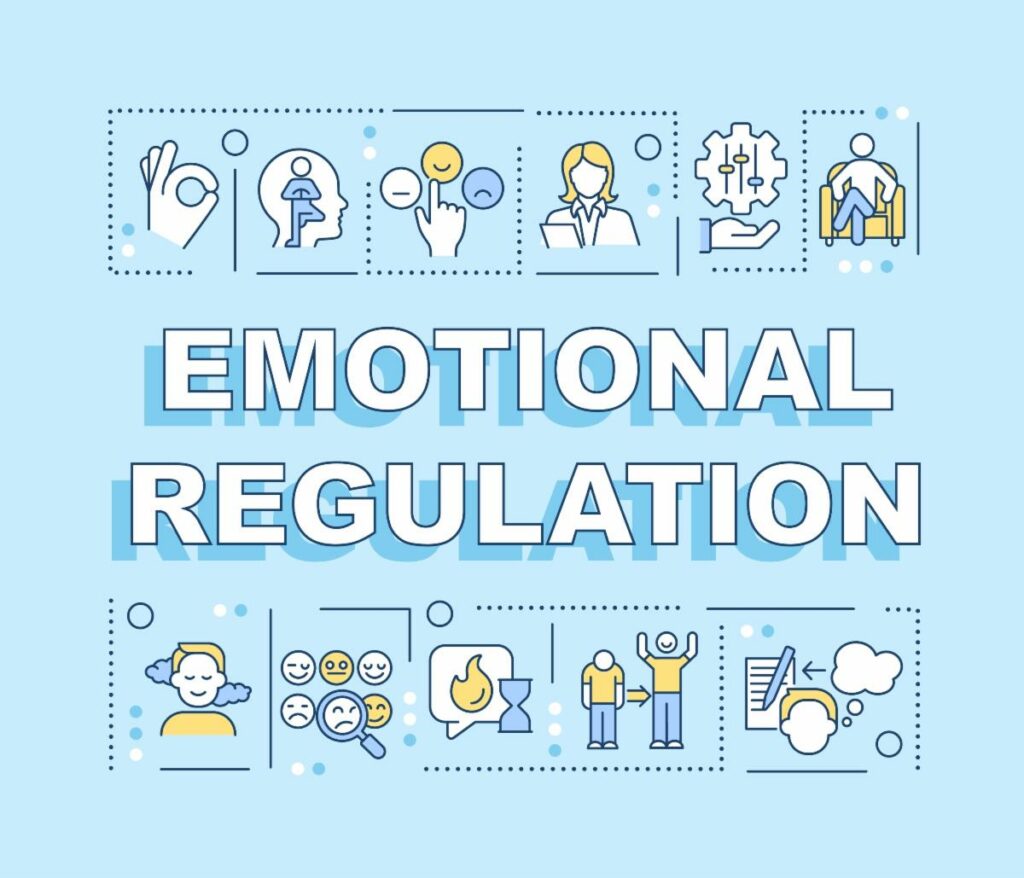
When we experience trauma, addiction or attachment issues, we often struggle with emotional regulation, tolerance and resiliency. We are taught (and sometimes not) about emotion from our caregivers. How was emotion modeled in your family? Was it over the top? Was it dismissed? Was there room for you to have an emotional experience? Did someone else take up too much emotional space? We are social animals with nervous systems designed to co-regulate with those around us. What did your nervous system “learn” about trust and safety?
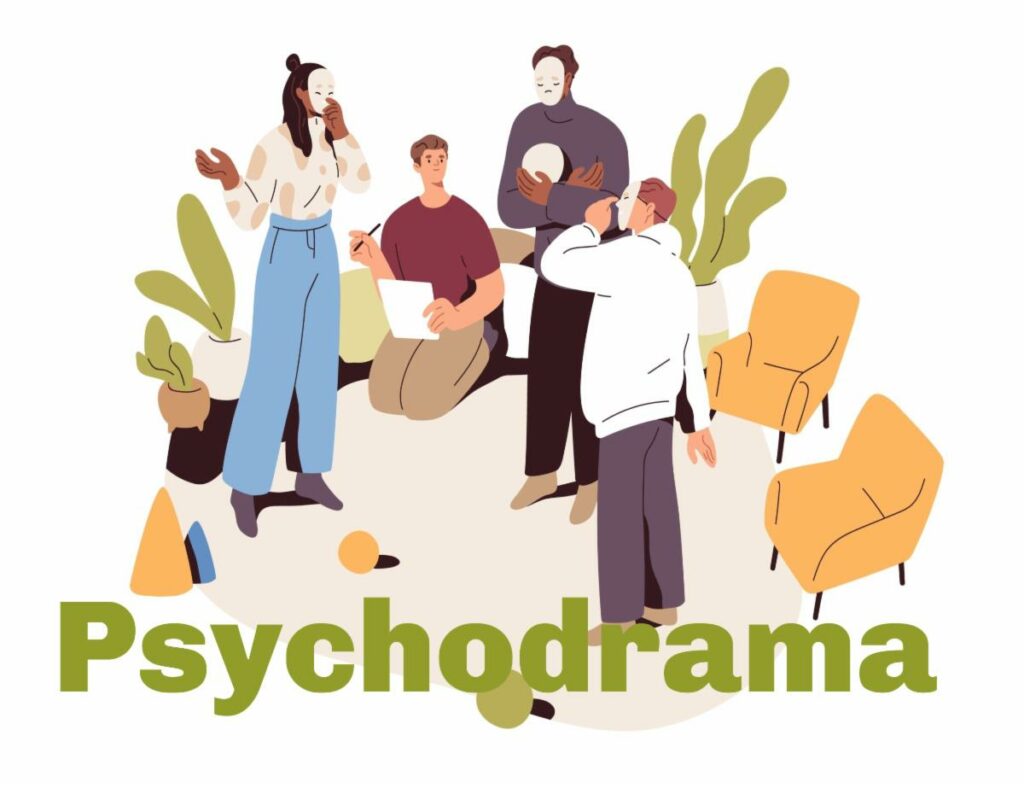
“Psychodrama —meaning “psyche in action”—is an experiential group that helps us explore our inner and outer worlds through action vs talking. Through enactment, participants explore issues and concerns in a safe environment with the help of the group. The goal of psychodrama helps participants discover their inner truth, express emotions freely and establish authentic interactions with others.” (paraphrased from Karen Carnabucci’s Practical Psychodrama).
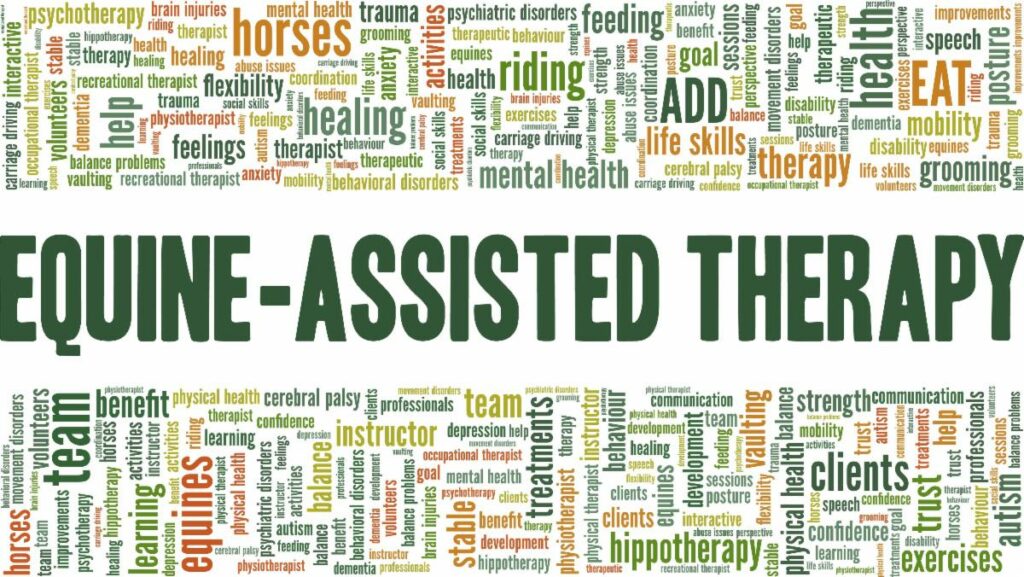
Our Equine-Assisted Psychotherapy (EAP) group meets offsite for 2 hours. In our fast paced world it can be difficult to slow down and be present. Due to their size, the horses will organically help you to slow down, be mindful, and present. The activities will engage you intellectually, emotionally, socially and physically. The horses become a canvas onto which you project your reality. By becoming aware of both your non-interpretive observation and the story that follows, you become better informed about yourself and how you move through your world. Through this organic process you will begin, or deepen, your journey of self-discovery and awareness. You will be invited to consider new ways of being in, and engaging with, the world.
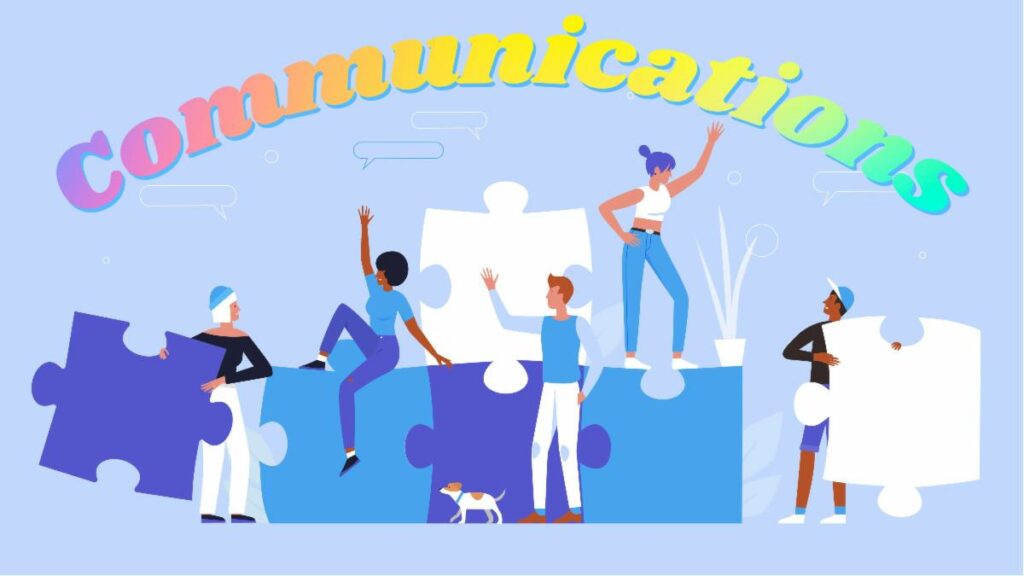
Communication is at the core of our daily living, and the higher the stakes in terms of relationship, the greater the chance we can inadvertently dance into the “Demon Dialogues”. Whether we are talking about a significant other, close family member or close friend, the tendency can be to either go into a fight response (“Attack-Attack/Find the Bad Guy”), a fight/flight response (“The Protest Polka”) or a freeze response (“Freeze/Flee”). We end up “amygdala-hijacked”, deep into our “reptilian brain”, and find it difficult to get grounded and engage in a “Wise-Minded” exchange.
Using the Awareness Wheel and Listening Cycle, this group assists in helping clients get out the “Demon Dialogue Dance” through the encouragement of vulnerability, assertiveness, curiosity, validation and empathy.
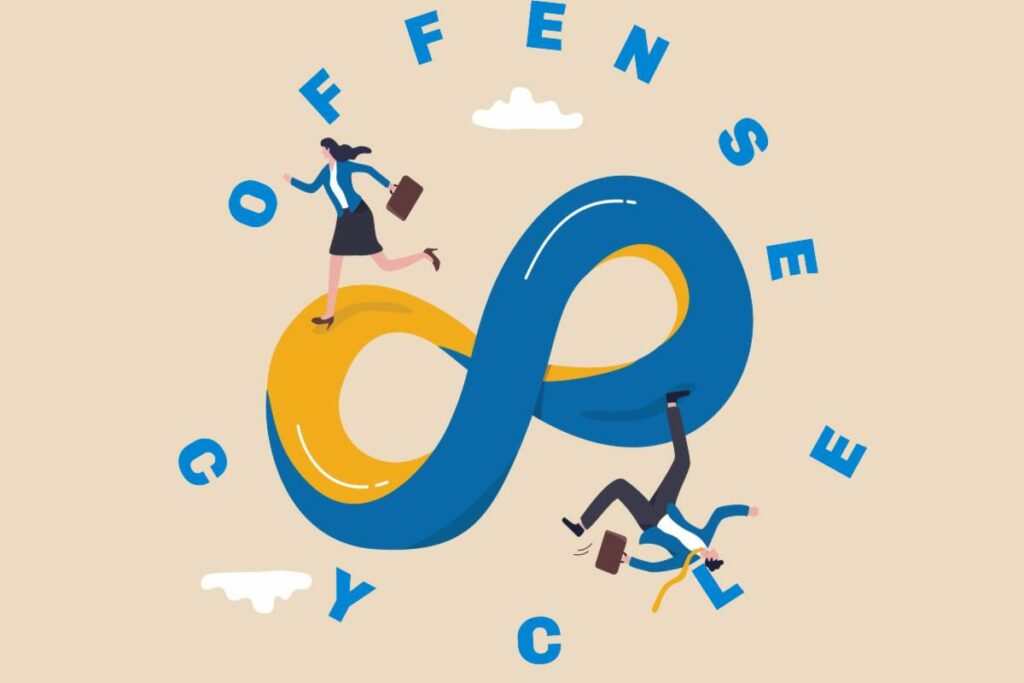
This group focuses on the offense cycle (also called an intimacy-blocking cycle) and the clarification process. We all engage in some form of maladaptive behavior that contributes to a lack of intimacy with self and others. This group is designed to help identify our offensive behaviors in order to break the cycle and set the stage for healthy intervention. Participants will be encouraged to recognize what is under the surface and how their behaviors impact others.

This group is designed to educate, encourage, and empower you to establish and maintain healthy boundaries. It will support you in exploring the ways you treat yourself, they ways you treat others, and the ways you allow others to treat you. Setting boundaries is an important part of establishing our identity, engaging in healthy relationships, and is a crucial aspect of mental health and well being. In setting boundaries, we are prioritizing ourselves and what we need.
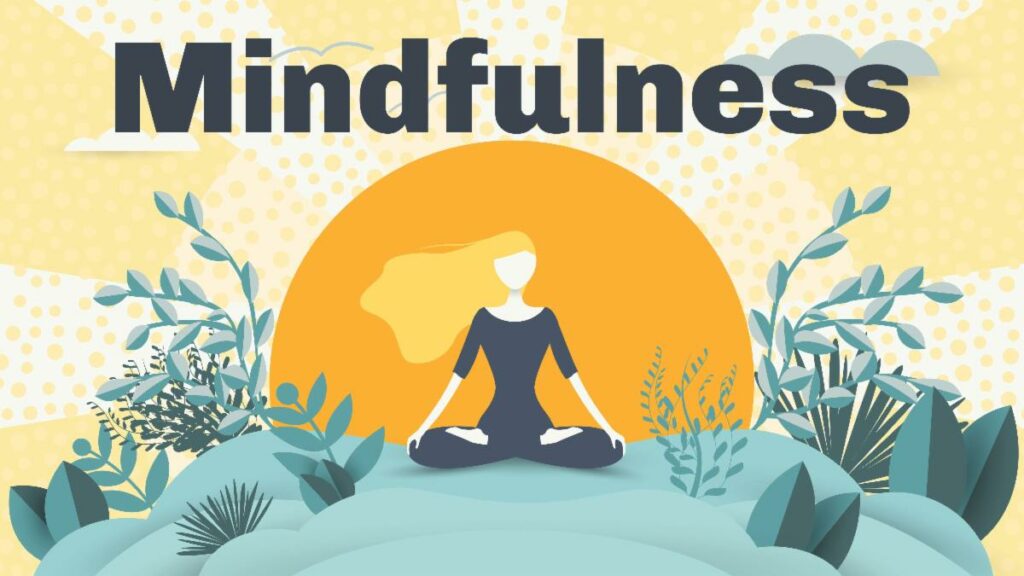
Mindfulness and meditation are vital components within recovery and healing. We are not only our thinking, we are the awareness behind the thinking and experience of our life. Deepening one’s relationship with this awareness and self is vastly improved when engaging in daily mindfulness or meditation. Mindfulness group will address how and why meditation and mindfulness are necessary aspects integrating one’s healing experience.

Each of us experiences some form of out-of-control behavior, even if it is reflected in our over-control. In this mixed gender group space is created to share your story of addictive, compulsive, and/or out of control behavior. Each participant is encouraged to openly discuss those things hidden from others. The process of directly confronting our secrets often provides opportunity for reducing shame.

This group gives us the opportunity to share diverse experiences of faith and unfaith in an experiential or discussion format that maximizes the integration of spirituality and therapy. It allows everyone to share lifestyle choices, inspirations and values in a welcoming setting to provide strength or renewed strength to all.
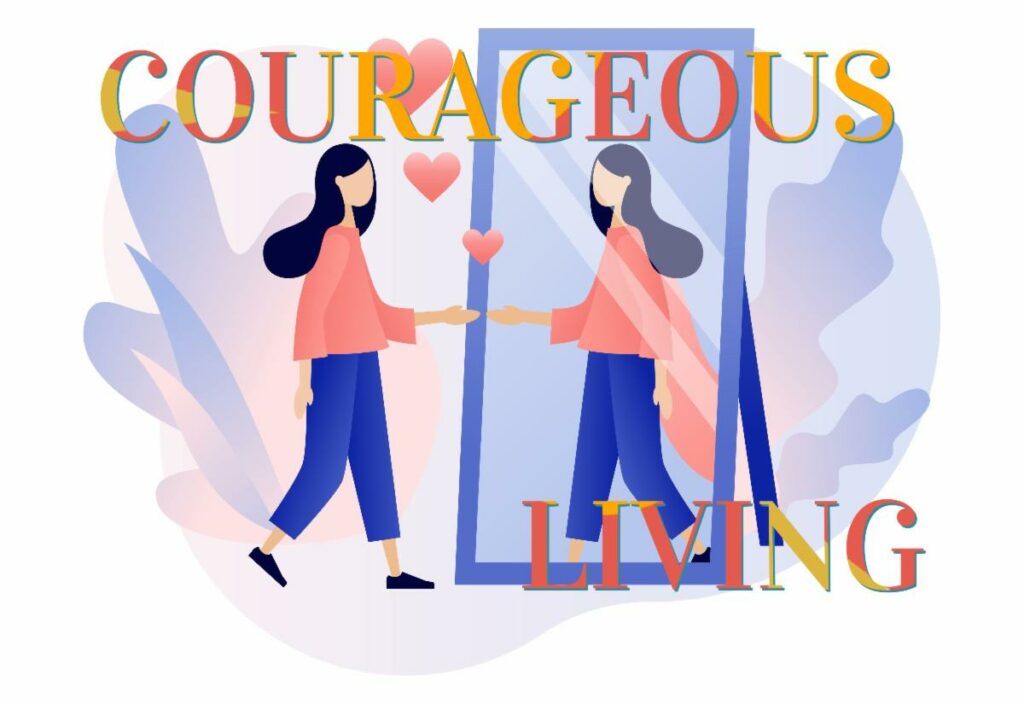
Courageous living is dedicated to increasing your ability to live your life as a healthy adult. This group works on reducing shame and finding the courage it takes to be accepting and loving of ourselves. In so doing, we will also be able to accept and love the important people in our lives and build emotionally intimate relationships.
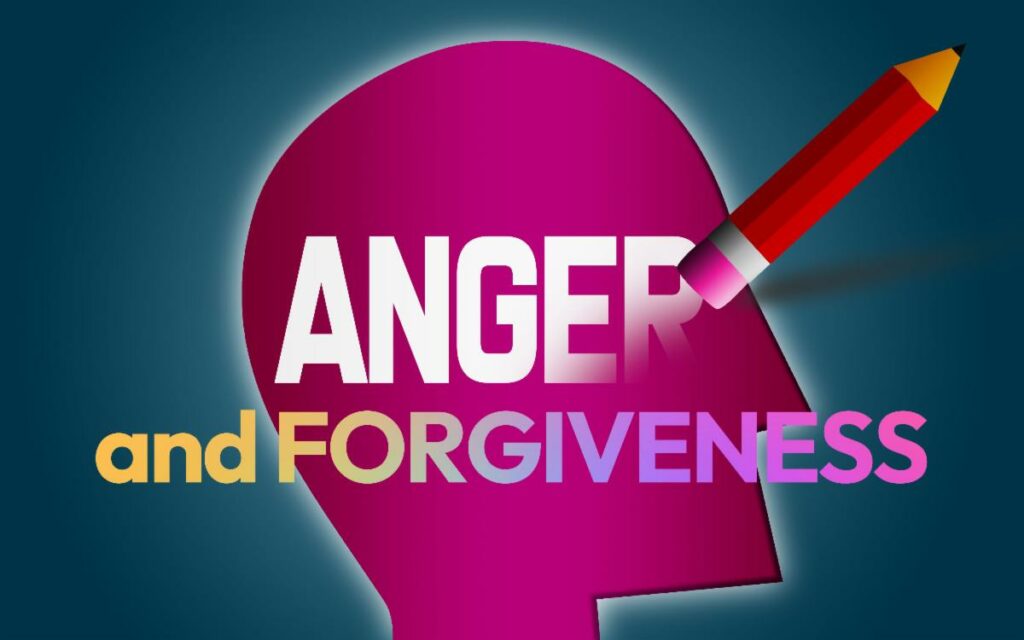
The Anger/Forgiveness group focuses on three inter-related topics; anger, apology and forgiveness. Through videos, discussion, experiential exercises/interactions and group handouts, participants learn more about the important role that anger plays in our lives (protection) and how to manage this powerful emotion.
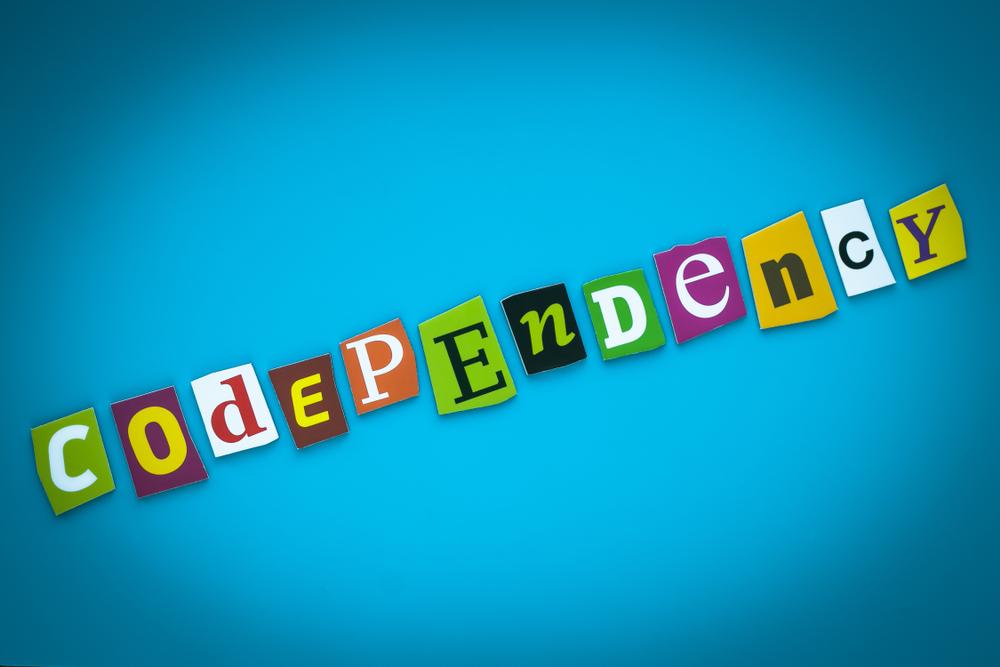
A mixed gender group focusing less on claiming the label of codependency, but more on recognizing our learned behavior of ignoring or minimizing our own needs to focus on others. Emphasis is placed on affirming self and identifying self-care. The group provides each member an opportunity to check in and provide feedback to one another in an open forum.
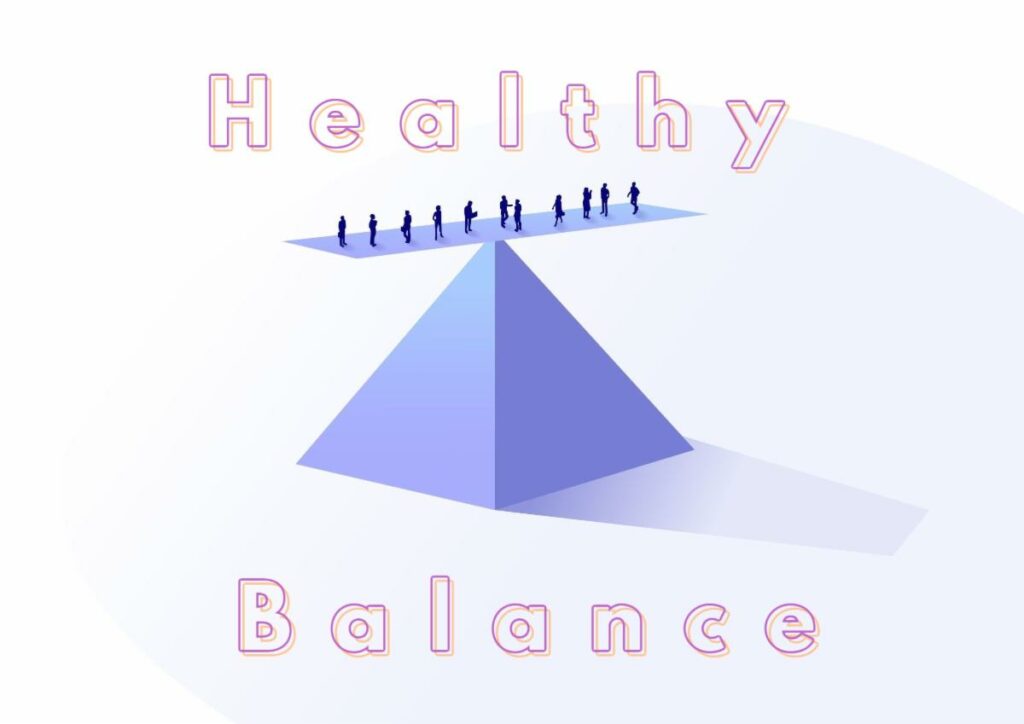
In this group, we explore more in-depth Marilyn Murray’s model for how we respond to challenging events in our lives, as well as how we can design our lives as a Healthy Balanced Person. As children, we develop different “parts” of ourselves as we learn to adapt to our world. By noticing and nurturing these “parts,” we can help ourselves meet our needs today in healthy ways as mature adults. We also explore unhealthy strategies and ways of coping with our unmet needs that are often destructive, both to others and ourselves. Lastly, this group reviews homework assignments that are due for the Concluding Workshop at the end of the intensive therapy program.
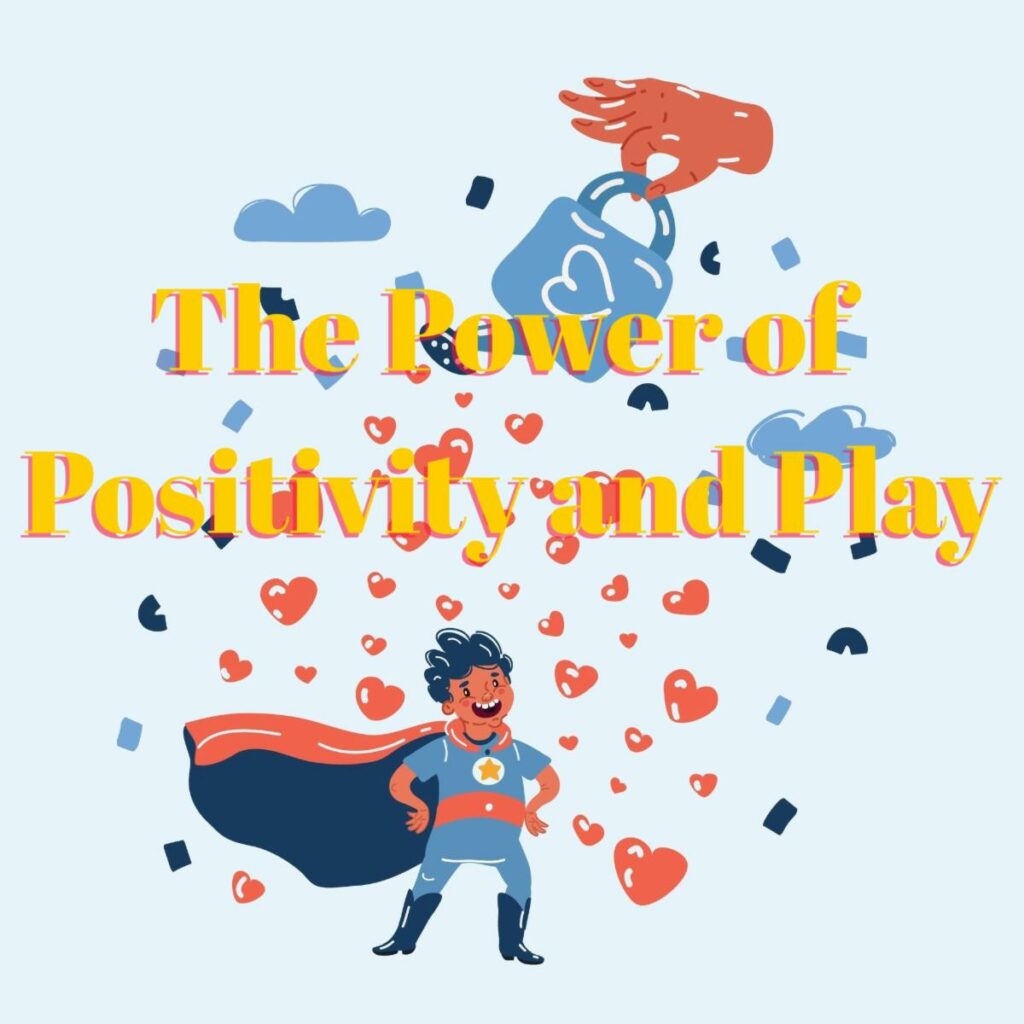
The “P3” (the power of positivity and play) group is based on principles of positive psychology including the importance of recognizing and integrating core gifts/strengths and values in to one’s day to day life and relationships. The importance of positivity and play as sources of fulfillment, well-being and overall balance in life are emphasized. Group members engage in interactions in which they share and celebrate “their awesomeness” (successes, traits, talents/skills, etc.).

Relationship Enhancement Group is a psychoeducational group aiming to provide an introduction to attachment theory, the basis for Emotionally Focused Therapy (EFT). With this information, group members should be able to identify their attachment styles and give thought to ways in which their attachment styles work together with their partner’s to create their negative cycle of interaction.
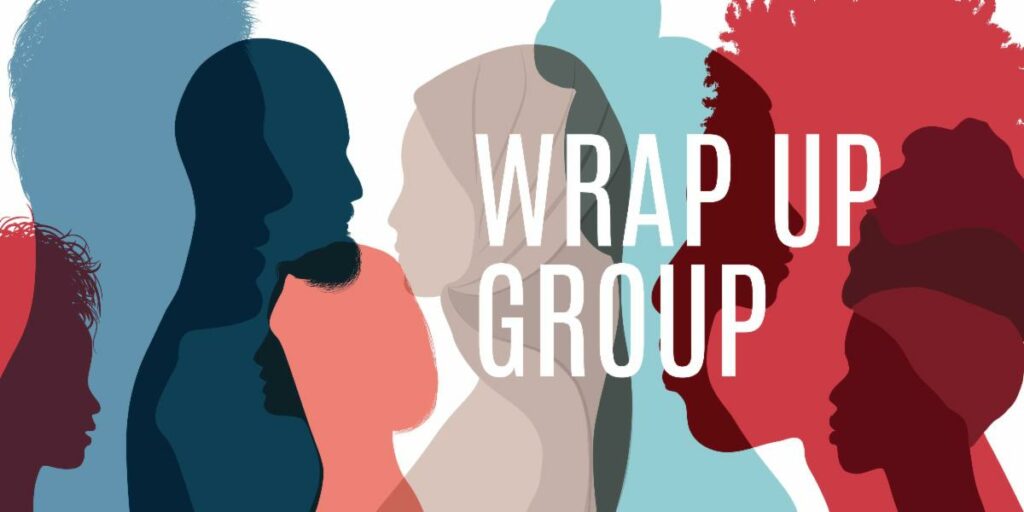
This group offers an experiential activity for Intensive Program participants to express gratitude to their fellow group members and reflect on their own progress. This group also includes a review of financial packets and program information, follow-up sessions, and other pertinent matters. Clients are provided an opportunity to share in depth feedback about their intensive experience.
Each intensive client has a follow up video session scheduled with their case manager (and often their referring therapist) to discuss the client’s continued progress. This session also allows the client to let his therapy team know about any issues since arriving home.
Have you ever wondered about the best path to help a young adult through therapy? Our young adult program is offered twice a year and is specifically designed for single persons age 18-25. Our next young adult week is December 18-23, 2022. This program fills quickly and often has a wait list.
We also offer family intensive programs. Families of 6 or more may attend our intensive program together. The week will be reserved for you and your family members offering individual, couples and group therapy as needed by each family member.
Subscribe to receive the latest stories, thought leadership, and growth strategies from PCS therapists.